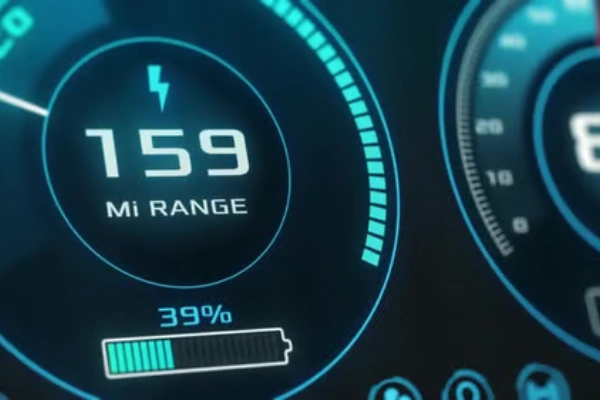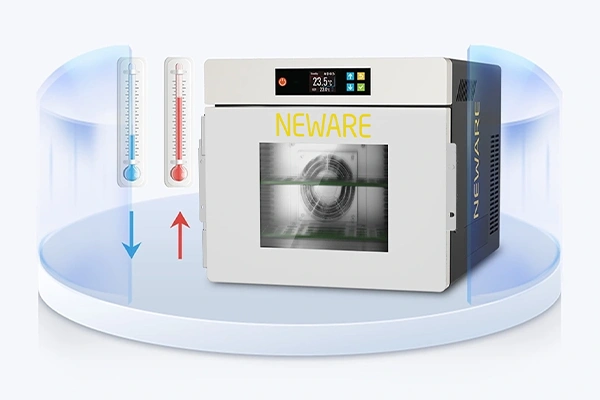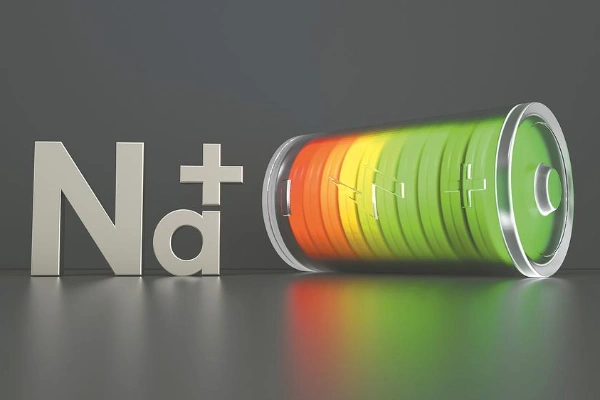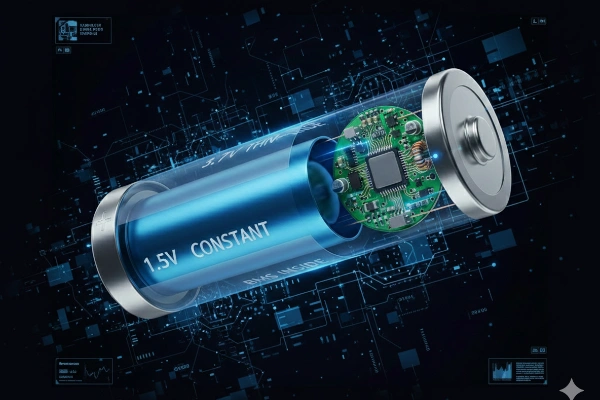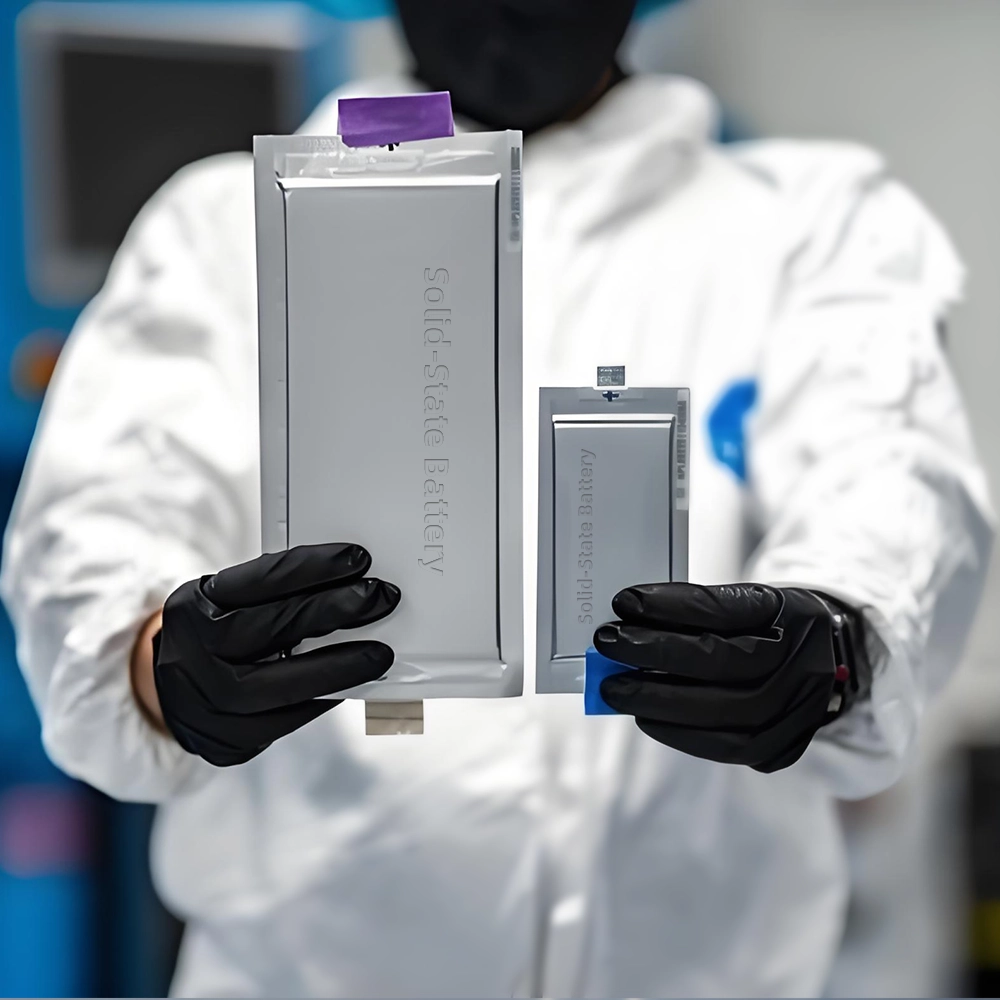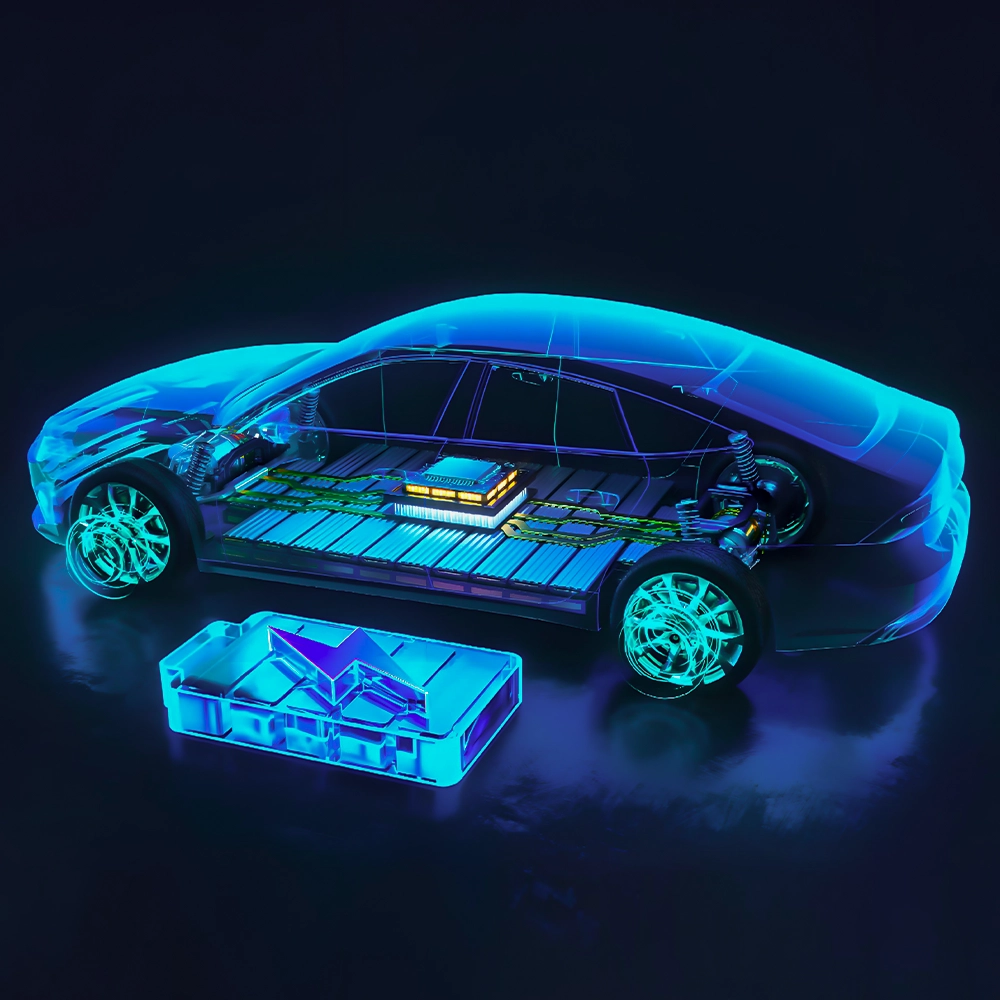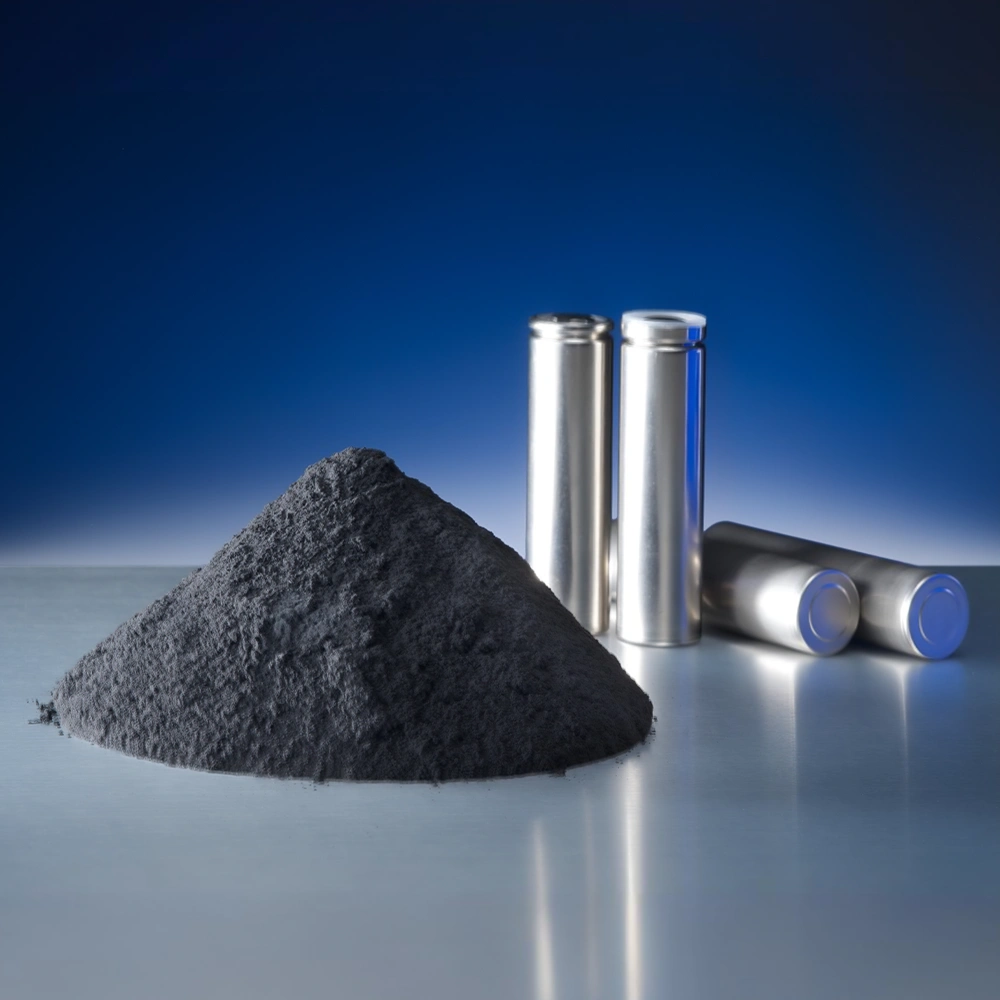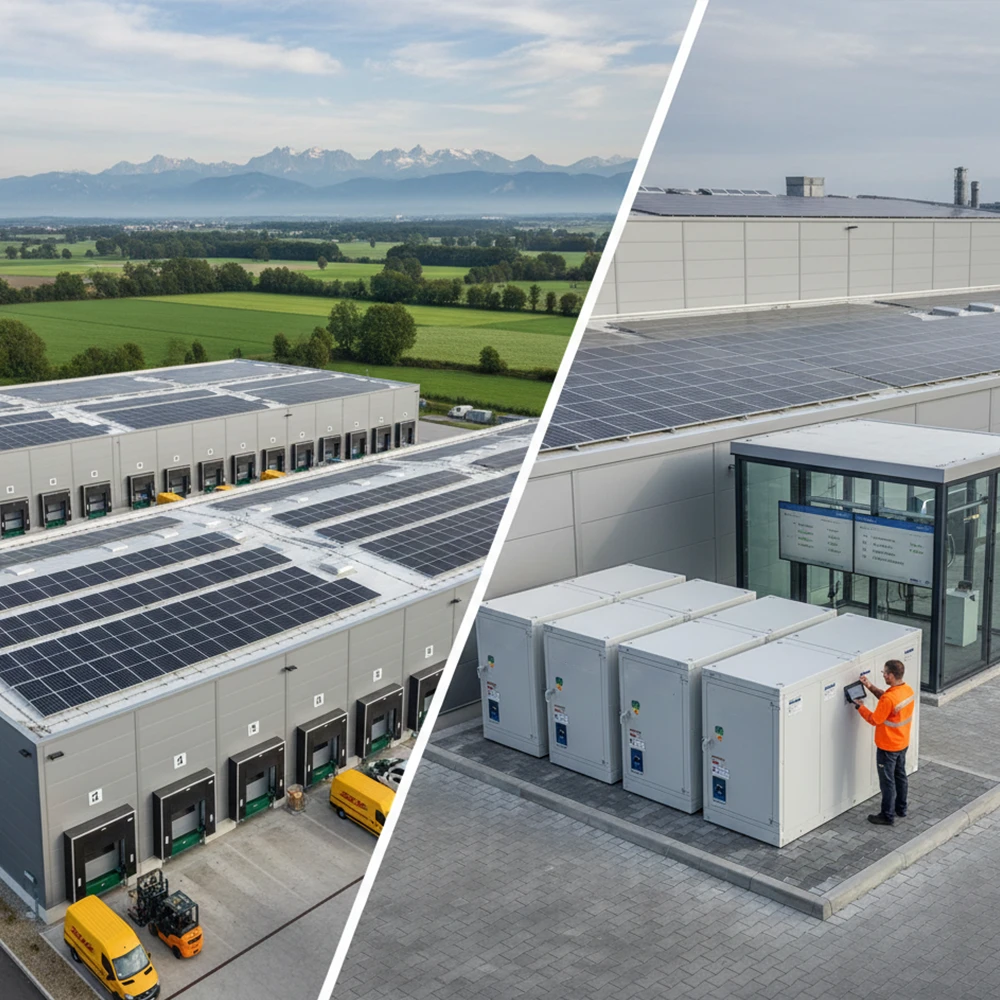The Development Plan of BYD's Solid-state Battery
Technical R&D and Mass Production Timeline
- In 2024: Complete the pilot production and roll-off of a 60Ah all-solid-state battery. The energy density reaches 400Wh/kg, and the volumetric energy density exceeds 800Wh/L. Overcome the problem of solid-solid interface impedance, and the measured low-temperature discharge efficiency at -30°C reaches 85%.
- From 2025 to 2026: Enter the stage of vehicle installation and testing. In 2026, complete the reliability verification in extreme environments (such as extremely cold at -40°C and high temperature at 120°C), and optimize the fast charging performance (support 5C ultra-fast charging, and replenish 80% of the energy in 10 minutes).
- In 2027: Launch the batch demonstration installation of all-solid-state batteries. The first batch of models equipped with them are high-end electric coupes, with a range of over 1,200 kilometers. Plan to produce about 1,000 units in small batches. The first-phase 20GWh production line of the Bishan Base in Chongqing is put into operation, aiming to compress the cost of all-solid-state batteries to 70 US dollars/kWh, which is on par with the current liquid batteries.
- From 2028 to 2030: Gradually expand the application scope to cover mid-to-high-end models. It is planned to promote the use of the batteries in 40,000 vehicles by 2030 and achieve the goal of "the same price for solid and liquid batteries".
- After 2030: All-solid-state batteries will fully replace liquid batteries. After the release of large-scale production capacity, BYD plans to simultaneously launch the transformation of production lines at bases in Hefei, Xi'an, etc., with the goal of achieving a global shipment volume of 556GWh.
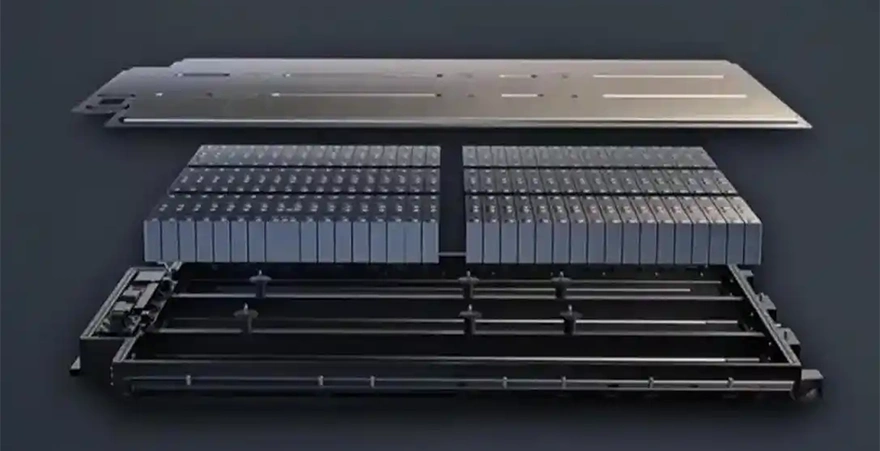
In Terms of Technical Breakthroughs
Solid-state battery are regarded as the next-generation technology of liquid battery. Their core advantage lies in the fact that they use solid electrolytes to replace traditional liquid electrolytes, thus solving the safety hazards of flammability and explosiveness of liquid batteries. At the same time, they significantly improve the energy density and cycle life.
All-solid-state battery adopts the technical route of sulfide composite electrolyte + high-nickel ternary (single crystal) + silicon-based anode (low expansion), aiming to balance high energy density, safety and commercial potential.
The cell-level energy density of this battery reaches 400Wh/kg, the volumetric energy density is 800Wh/L, and the energy density of the battery pack exceeds 280Wh/kg. The vehicle's range will exceed 1,000 km. It also supports fast charging, and its safety has passed extreme tests such as nail penetration and thermal chamber tests.
In addition, the cycle life of solid-state battery is as high as 10,000 times, far exceeding the approximately 1,500 times of traditional ternary lithium batteries. This means solid-state battery can maintain a good service state for a longer time, reduce the frequency of users replacing the battery, and lower the usage cost.
The Current Situation of the Global Solid-state Battery Industry
It is worth noting that BYD is not the only automaker betting on solid-state batteries. Globally, companies including Toyota, Volkswagen, BMW, CATL and others are actively laying out solid-state battery technologies.
Among them, Toyota started relevant research on solid-state batteries as early as 2008. Toyota plans to achieve trial production of all-solid-state batteries around 2025 and achieve large-scale mass production in 2030.
CATL has also invested in the research and development of solid-state batteries for more than 10 years and plans to achieve trial production of all-solid-state batteries in 2027.
Changan Automobile will promote the gradual mass production of all-solid-state batteries in 2027 and complete vehicle installation verification in 2026.
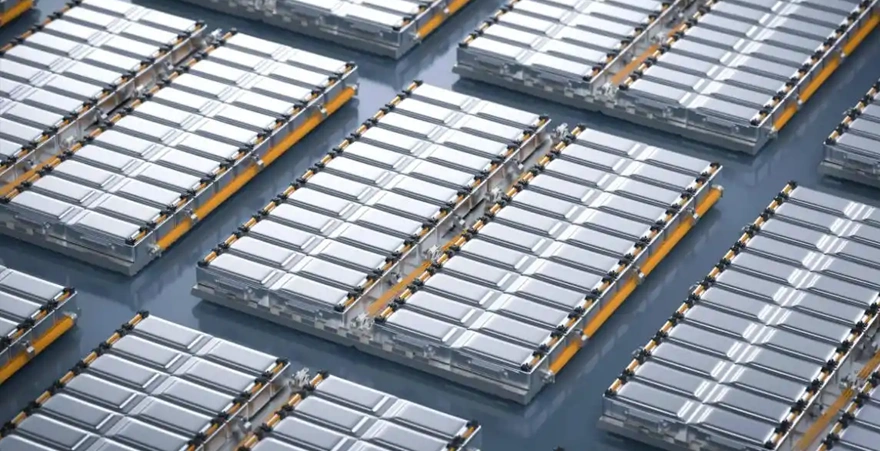
The popularization of all-solid-state batteries faces many challenges.
Although solid-state battery technology has broad prospects, the large-scale commercialization of all-solid-state batteries still faces many challenges.
The first is the cost issue. The manufacturing cost of solid-state batteries is much higher than that of traditional liquid batteries. Currently, the material cost of all-solid-state battery is as high as 400-500 US dollars/kWh, which is 3 to 5 times that of liquid battery. This is mainly because the production and assembly of solid electrolytes require higher precision and stricter environmental control, leading to an increase in production costs.
Secondly, there is the complexity of the production process. The production and assembly process of solid electrolytes is relatively complex. For example, there are issues such as the interfacial stability between the solid electrolyte and the electrode material, and the ionic conductivity of the solid electrolyte.
In addition, solid-state batteries also have the problem of low-temperature attenuation. The battery capacity decays by about 25% at -20°C. There are also issues such as insufficient charging infrastructure. Currently, only 12% of ultra-fast charging piles support high-voltage fast charging.




